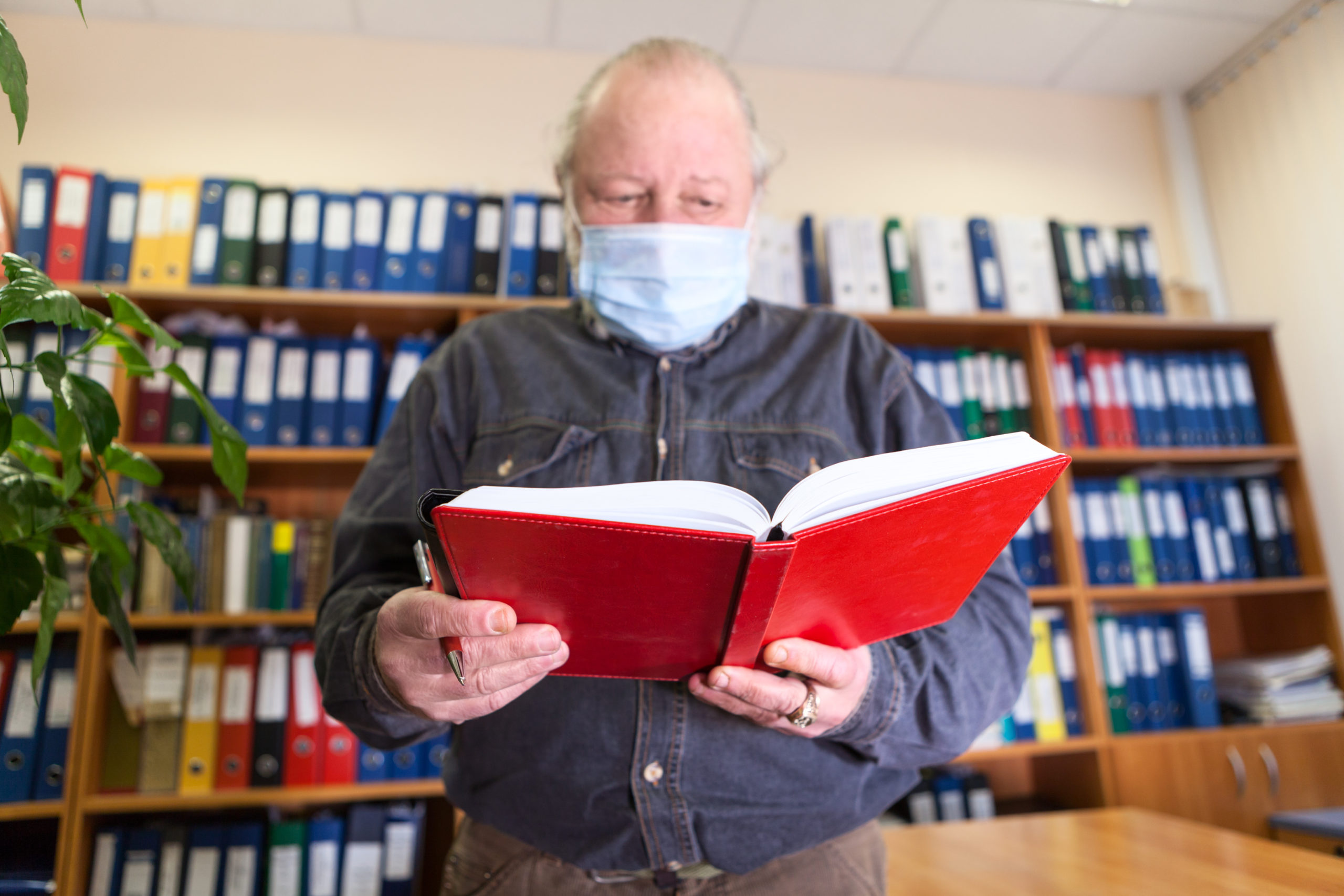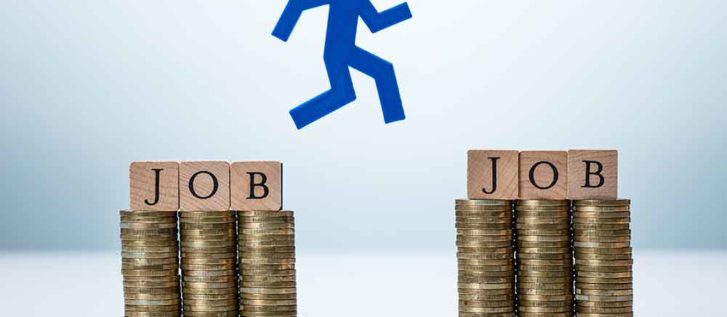
Patricia Taylor joins WM People as chair
Patricia Taylor has been appointed chair of the board of directors of workingwise.co.uk's...read more
A new cross-party commission will investigate the links between health and the economy as research shows 400,000 people may have dropped out of the workforce during the pandemic because of health problems.

More than a million workers are missing from the workforce compared to the pre-pandemic trend and about 400,000 of these are no longer working because of health factors, such as long Covid, disruption to healthcare and declining mental health, according to a new report.
The report from the IPPR think tank and health analytics company Lane, Clark & Peacock warns that unless this is tackled economic activity this year could fall by an estimated £8 billion. It also links health issues with low productivity, low growth and vast regional inequalities as well as people dropping out of the workforce.
It says people living in the most economically deprived parts of the country – including Blackpool, Knowsley and Barking & Dagenham – can on average also expect to fall into poor health in their late 50s, five years earlier than the national average and 12 years sooner than people living in the healthiest area in the country, Wokingham. This is largely down to factors like low quality housing, bad jobs, low wages and chronic stress.
Local level analysis reveals that someone living in North East Lincolnshire can expect to fall into bad health eight years earlier than the UK average, while the output of their work is also valued at £8 less an hour than the average. The report argues this is a vicious cycle – factors like lack of job opportunity and poverty can harm people’s health; in turn, poor health can undermine people’s work and a place’s productivity.
The IPPR is calling for a new post-pandemic approach to the nation’s health and is launching a new cross-party Health and Prosperity Commission, chaired by Lord Ara Darzi and former chief medical officer Dame Sally Davies, to explore how the links between health and the economy.
New modelling by IPPR shows the economic potential that decisive government action to improve health could bring:
Lord Darzi says: “As we begin to emerge from the pandemic, we find ourselves at a crossroads. We can continue with a trajectory of poor health, low public investment, and poor growth. Or we can commit to driving a rapid improvement in total health and, in turn, leverage that health for greater prosperity and security. The commission will represent a broad coalition from health and care sector leaders, to economists, business leaders, politicians and scientists to demonstrate the wellbeing and massive economic benefits of better health for all.”

Changing careers in mid-life is becoming increasingly common. A recent survey by workingmums.co.uk found that around half of respondents are looking... read more

I worked in project management for many years until going freelance as a consultant. For the last 16 years I've been freelance, but I needed greater... read more

CV expert Emma Alkirwi has advice on how to find the jobs that are not advertised. read more

Careers expert Emma Alkirwi from CV Guru advises on how to prepare a presentation for a job interview. read more